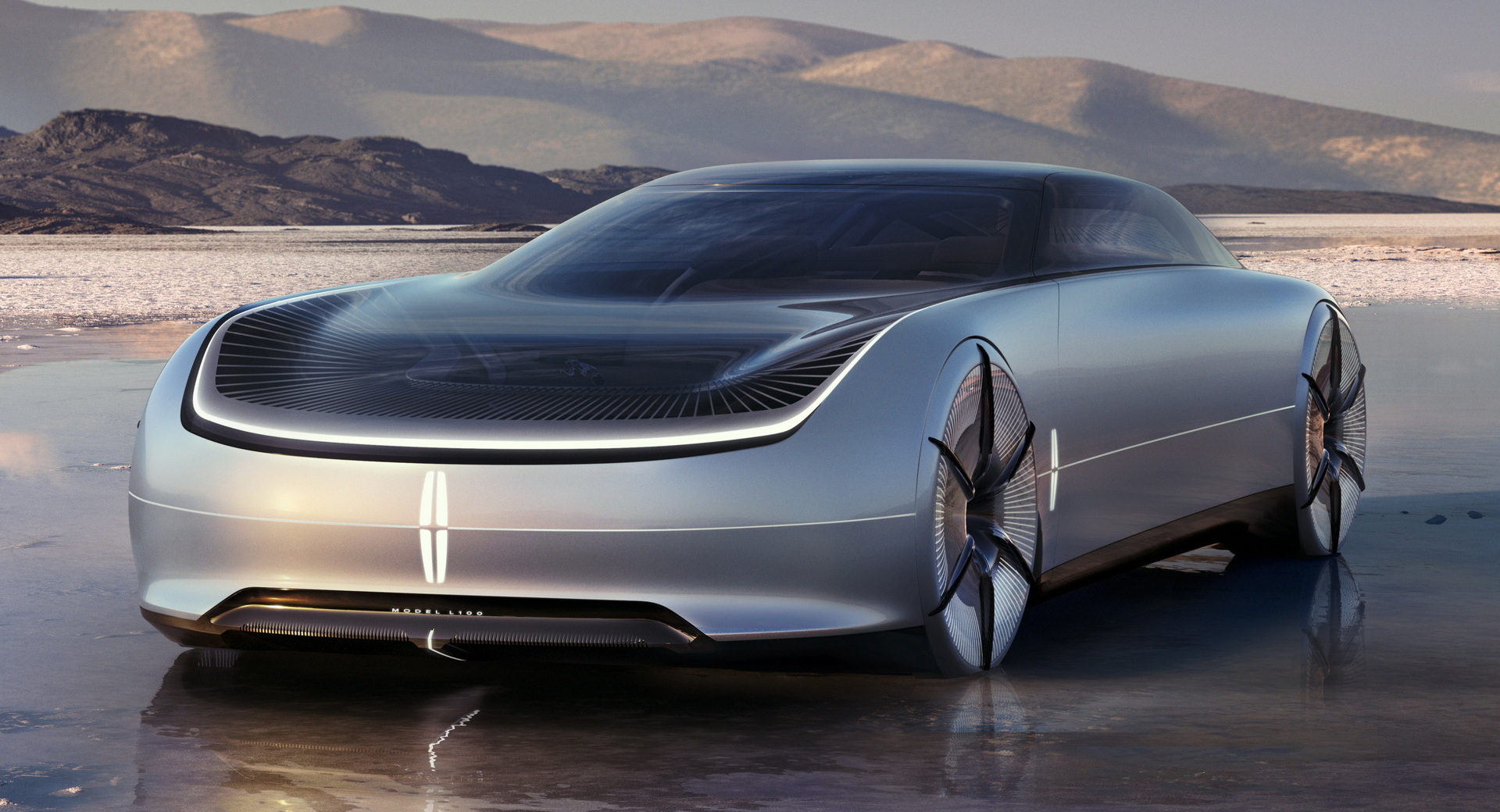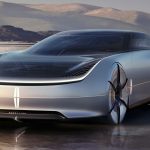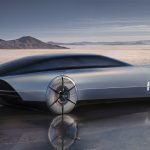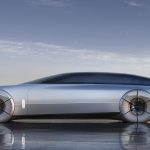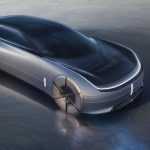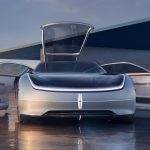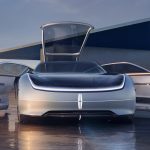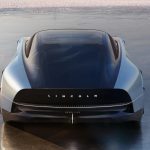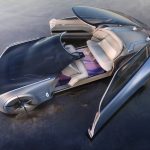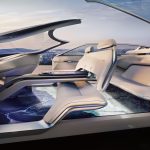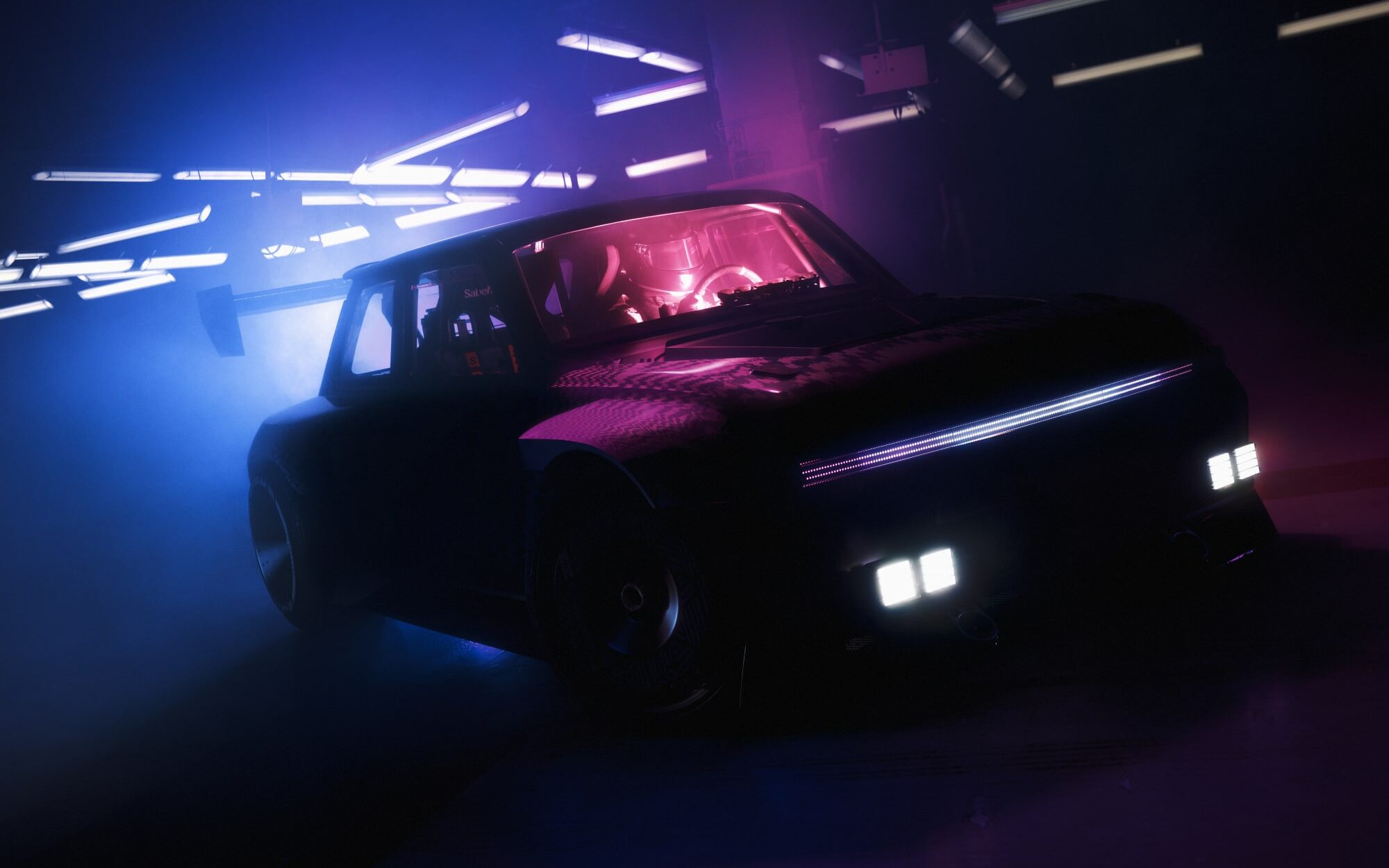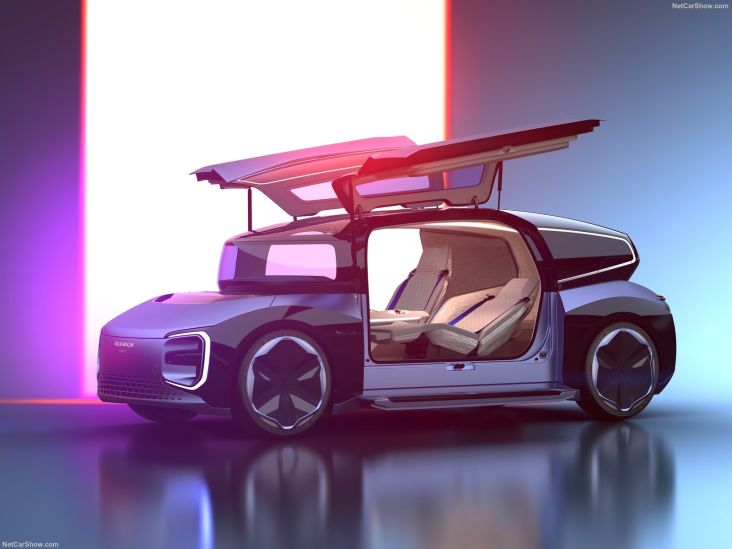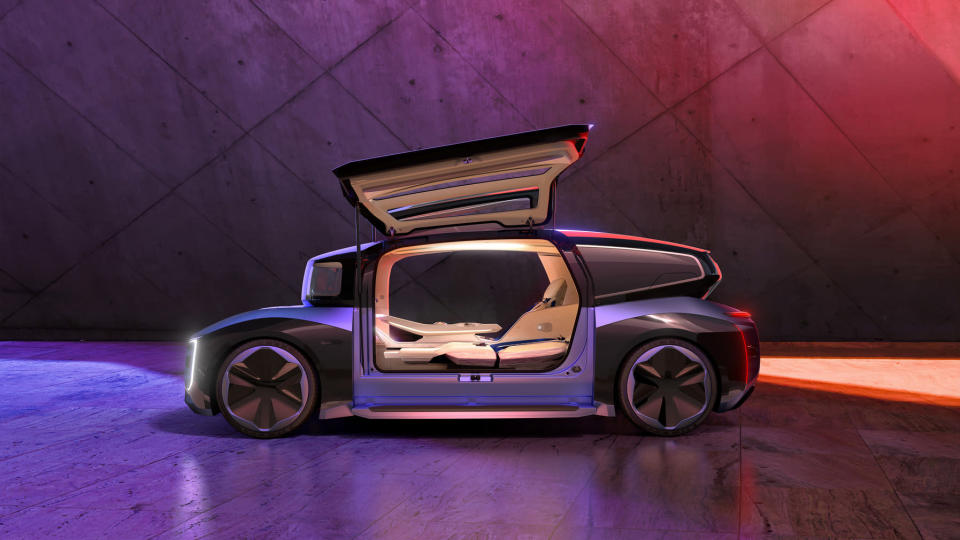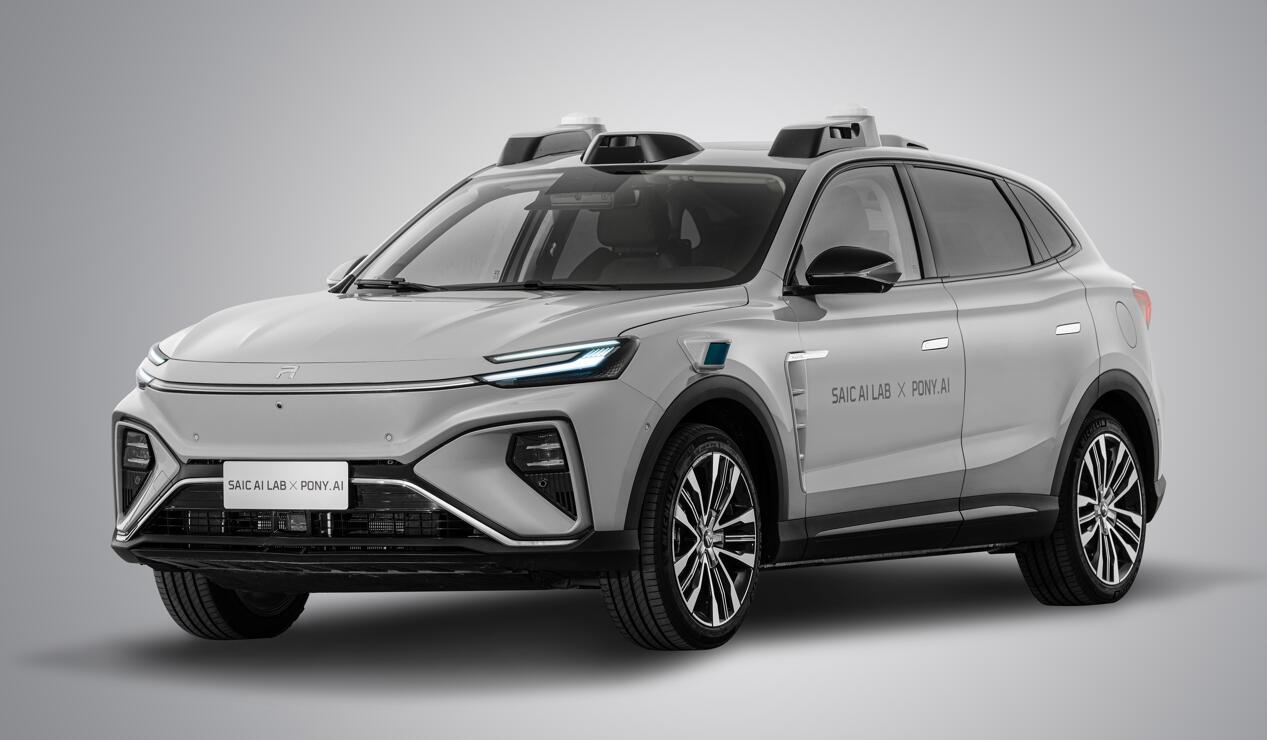The Lincoln automaker celebrated its 100th anniversary with the release of the L100, a concept car that harkens back to the automaker’s legacy, while looking to a future where steering wheels may no longer be needed.
The L100 has all the hallmarks of a 21st-century concept car, from a sleek and futuristic design, gull-wing doors, a sparse interior meant to underscore general autonomy, and plenty of glass.
Naturally, this vehicle is not intended for production or sales to be more of a concept car but is intended to signal a possible future car design direction for the Lincoln lineup going forward.
“Concept vehicles allow us to re-imagine and illustrate how new experiences can become real with the help of advanced technology and allow our designers to be more creative than ever before,” said Anthony Lo, chief design officer for Lincoln’s parent company, Ford, in a statement. The Verge.
Lincoln says the L100 is meant to pay homage to the automaker’s first luxury vehicle, the 1922 Model L. Of course, the concept hardly looks like its 100-year-old predecessor.
The L100 is a sleek fastback with nearly 360-degree glass surrounding the cockpit. The Lincoln badge, which looks similar to the Star concept from the automaker announced earlier this year, and appears as a luminous display on the front of the vehicle.
The doors don’t perform like regular doors but instead open to the outside in a reverse hinged fashion which, not tried in the auto industry before. The glass roof also opens in the same direction, helpful if the user is a very tall person who has difficulty getting in and out of the vehicle.
Inside the cabin, users have a luxurious lounge-like living area that distinguishes itself by the absence of traditional controls, such as a steering wheel or pedals. In place of the steering wheel, it has “a gem-inspired chess piece controller that captures light and depth by redefining in-cab vehicle control.” So, basically, it’s a concept car that runs on vibrations.
It is assumed that the L100 is an electric car, although Lincoln declined to provide performance specifications for the car, such as battery capacity or range. This makes a lot of sense since it’s a concept car that doesn’t appear to be production ready yet.
Lincoln planned to release three all-new electric vehicles by 2025 and a fourth by 2026. The company had hoped to work with startup Rivian, but those plans were scrapped due to the pandemic.

